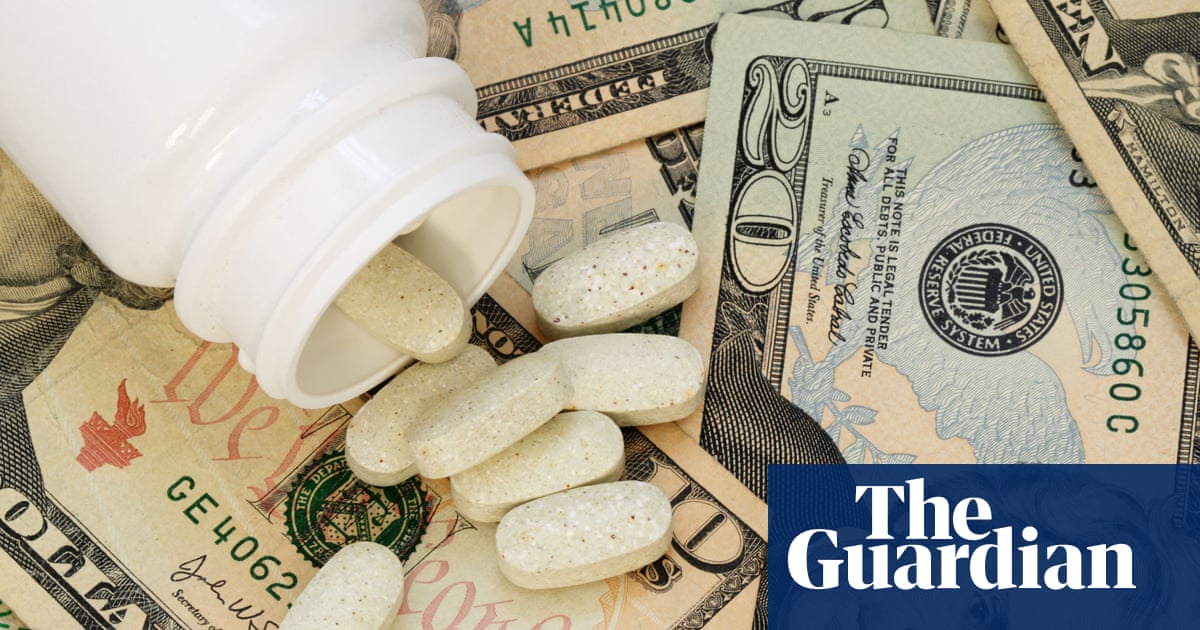Donald Trump has promised to use his executive powers to cut the price of prescription drugs in America in an attempt to bring them more in line with other countries.
The US president has said he will sign an order on Monday that will reduce prescription drug and pharmaceutical prices “almost immediately” by “30% to 80%”.
Writing on Truth Social, his social media platform, Trump said on Sunday it was “difficult to explain and very embarrassing” why drug prices in America were higher compared with many other countries.
“The Pharmaceutical/Drug Companies would say, for years, that it was Research and Development Costs, and that all of these costs were, and would be, for no reason whatsoever, borne by the “suckers” of America, ALONE,” he wrote.
He added he would introduce a “most favoured nation” policy, whereby the US pays “the same price as the nation that pays the lowest price anywhere in the World”.
The comments triggered a sell-off in pharmaceutical stocks on Monday amid worries profits could fall if they have to cut prices in the US.
In London, shares in pharmaceutical companies AstraZeneca and GSK fell in early trading by as much as 5% and 2.6%, respectively. Shares in Novo Nordisk, which is listed in Frankfurt, dropped by 7.5%, while Swiss group Roche Holdings dropped by 3.6%.
In South Korea, shares in SK Biopharmaceuticals and Samsung Biologics fell by as much as 2.7% and 4.7%, respectively. In Hong Kong, BeiGene dropped 8.9% and Innovent Biologics fell by 7%.
Trump targeted high drug costs during his first administration, which aimed to cap prices for certain medicines under Medicare. However, it was struck down in federal court after a challenge from drug companies.
TheAmerican government does already negotiate pricesfor some of the most expensive medicines used in Medicare, a federal health insurance programme, under then president Joe Biden’s Inflation Reduction Act. Medicare covers 66 million Americans, mostly aged 65 or over.
Sign up toBusiness Today
Get set for the working day – we'll point you to all the business news and analysis you need every morning
after newsletter promotion
However, Trump did not specify on Sunday whether his executive order would apply to Medicare, Medicaid or other government health programmes.
He suggested thatindustry lobbyistshad been unsuccessful in the White House, despite the fact that big pharmaceutical companies and industry bodies had made donations to his inauguration.
“Campaign Contributions can do wonders, but not with me, and not with the Republican party. We are going to do the right thing, something that the Democrats have fought for many years,” he said.
